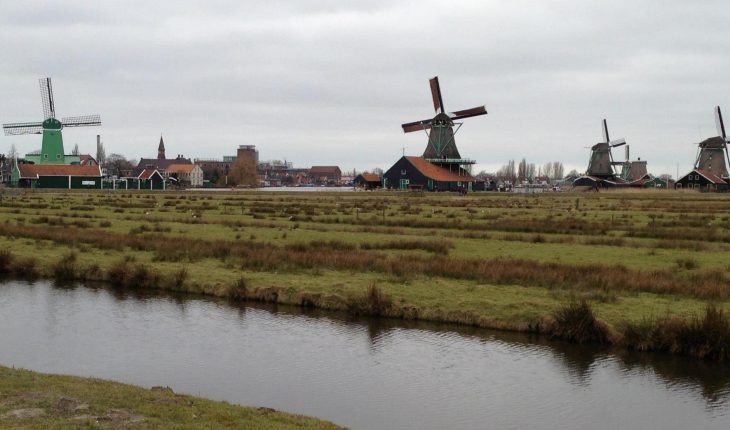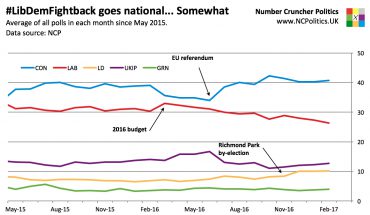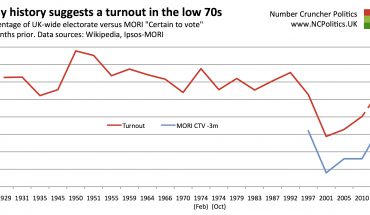The Dutch go to the polls on Wednesday for what looks like being one of the most fragmented general elections I can think of, with final polls pointing to no party getting more than 20 per cent of the vote, and a multiparty coalition.
The electoral system is very straightforward – a single, non-preferential national party list. That means that popular vote shares translate into seats with certainty, so polls are normally published in terms of seats in the 150-seat second chamber rather than percentages. Unlike in some countries, there is no threshold other than the seat quota (two-thirds of a per cent). That could mean the number of parties in the next parliament going well into double-digits.
Dutch polling accuracy historically displayed trends that will be familiar to UK poll watchers. In the 1970s, 80s and 90s the Dutch Labour Party (PvdA) consistently underperformed its polls and the centre-right parties – the Christian democratic CDA and later the orange book-liberal VVD – tended to outperform theirs. But over the last 15 years or so, Dutch polls have been pretty accurate, the one slip up being at the last election in 2012, when the VVD and PvdA both beat their polls by about 8 seats (or 5 points) collectively and between them won an overall majority.
International attention has been focussed on the radical right Freedom Party (PVV). Whether it tops the poll or not is likely to be more symbolic than substantive, as all other parties have ruled out working with them. In the last three elections, the PVV has done better than the polls twice, but slightly worse five years ago. So how the polls stand up this time is an open question (in respect of all parties).
This time, they have a few extra challenges. Firstly, people changing their minds at the last moment ("late swing") is a both a pollster's worst nightmare and favourite excuse. The Netherlands doesn't have a blackout period, which helps, but a late leaders' debate between current PM Mark Rutte of the VVD and Geert Wilders of the PVV may have changed minds. In addition, the Dutch crackdown on pro-Erdogan rallies seem to have been well received in the polls, partly at the PVV's expense. Normally I advise people to wait a week or so before drawing any conclusions on the back of event-driven poll moves (which can both overshoot and undershoot), but unfortunately there's an election in the meantime.

The late moves haven’t just been on the right. The Green Left (GL) and Socialists (SP) have both made gains from the PvdA in the final stages, as has the centrist Democrats (D66).
Secondly, there are also plenty of undecided voters. Some polls have shown as many as half of voters being unsure of how they’ll cast their ballot. That may be less surprising than it looks given the extent of the fragmentation, but it still raises the possibility of them making their minds up disproportionately in someone’s favour.
And finally, something I’ve written about extensively in relation to the UK, namely electoral flux. Since 2012 the PvdA – while the smaller party in coalition – lost three-quarters of its support. A key part of the British polling miss in 2015 was the misread of where those votes went. Obviously the contexts (in terms of polls, parties and politics) are very different, but this sort of situation is a huge challenge for pollsters, so if something does go wrong for the polls, where the 2012 PvdA votes have gone would be one of the first things I’d want to investigate.
Here’s how the Peilingwijzer average stands at 21:50 on Tuesday Dutch time:
| Party | Votes (%) | Seats |
| VVD | 17 | 26 |
| PVV | 14 | 20.5 |
| CDA | 13 | 20 |
| D66 | 12 | 18 |
| GL | 11 | 17 |
| SP | 10 | 15 |
| PvdA | 7 | 11 |
Polls close at 21:00 CET (20:00 GMT) on the Dutch mainland and Ipsos will have an exit poll. Results will then come in during the night.




